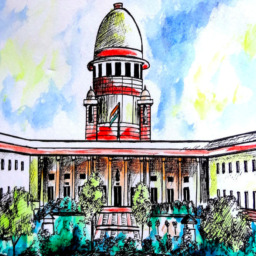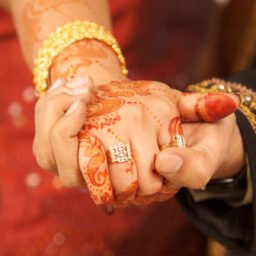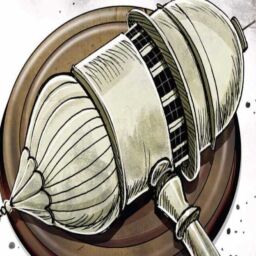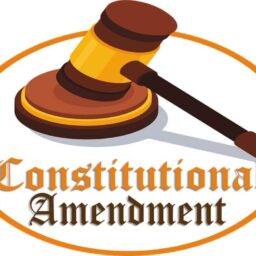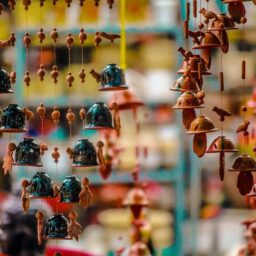INTRODUCTION
The term parliamentary privileges are used in constitutional writings to denote both these types of rights and immunities. Sir Thomas Erskine May has defined “the expression parliamentary privileges as The sum of peculiar rights enjoyed by each House collectively as a constituent part of the High Court of Parliament and by members of each house individually, without which they could not discharge their functions, and which exceed those possessed by other bodies or individuals.”
Some liberties are based exclusively on parliamentary rules and customs, while most are governed by statute. The essential idea is that privileges would be those entitlements that enable the house to carry out its statutory duties. They would not relieve members of their responsibilities under any rule that retains to bind to them in the same way that every other law does to regular people. No one is exempt from criminal prosecutions. In the judgement of State of Kerala v. K. Ajith, the supreme court recently held that the member of the legislative assembly (MLAs) against whom prosecution has been initiated for alleged criminal acts in the assembly cannot claim immunity under Article 194 of the constitution of India. The Bench of DY Chandrachud and MR Shah rightly observed – “To claim exemption (by legislators) from the application of criminal law would be to betray the trust which is impressed on the character of the elected representatives as the makers and enactors of the law.” To reach this ratio, the Supreme Court has depended on English court precedents.
Before going on those, we shall first discuss Articles 105 and 194 of the constitution. As legislators are elected representatives of the citizens, it is their first and foremost duty to air the grievances of the people who have voted them to power. Parliament or State Legislatures are considered as the best platform to raise the voice of the public. As the legislators represent the voice of their common people, the constitution framers thought to provide them certain powers and privileges so that they would fulfil their responsibilities smoothly. Therefore, Articles 105and 194 were inserted into the constitution to make sure free and healthy debates in the parliament and the state legislatures. Articles 105 and 194 are the privilege provisions in the constitution.
Both Articles are similarly worded. The only difference is that Article 105 applies to Member of Parliament (MPs) while Article 194 applies to Member of Legislative Assembly (MLAs). Article 105(1) and 194(1) provide freedom of speech in parliament and legislature of each state respectively. But it is to be noted that “freedom of expression”, which is provided to the citizens under Article 19(1) (a), is not provided to legislators under Article 105(1)/ 194 (1). It could be because the constitution framers thought that the main function of the legislators is to discuss Bills tabled before the House and the issues of national importance. Hence, they should be given protection only for the things said or debated, and not any kind of expressions like acts of vandalism, assault, etc. Article 105(2) of the constitution contains two parts.
Part one states that no member of parliament would be subject to legal action in any court for almost anything said or voted in parliament or any department whatsoever. Part two states that no one is accountable for anything published so under the jurisdiction of either House of parliament, including any document, report, ballot, or process. The same provisions are stated under Article 194 (2), in that members of Vidhan Sabha is referred instead of legislators. Article 105(3)/ 194 (3), which is the topic of this article’s discussion, confers the capability of the parliament/ Vidhan Sabha to enact a law defining their potentials, privileges and protections, over the ones summarized under Articles 105(1) & (2) / 194(1) & (2). Until such law is made, the MPs and MLAs are given the same powers, privileges and immunities as the Members of the House of Commons of the United Kingdom had at that time of the beginning of the constitution of India.
While constituting Articles 105 and 194 in the constitution, when a few members of the constituent assembly members took the issue to cite the example of the United Kingdom, Alladi Krishnaswamy Ayyar gave two reasons:
- Members of the British Parliament had wider privileges than members of Indian Legislatures had at that time. Hence it would be apt to rely on British practices.
- Due to the shortage of time, the Constituent Assembly cannot take for itself the responsibility of determining the long list of privileges and immunities.
Ayyar was also supported by Dr. B R Ambedkar. Therefore, it had left this task for the future legislature to determine their own privileges and immunities. Ayyar made it very clear that reliance on House of Commons Culture is a temporary measure till the Parliament/State Legislatures makes a law.
Conclusion
It has been 71 years since India gave to itself this constitution. However, there is no such law enacted defining the benefits and protections of Parliament / Vidhan Sabha. Hence, the Courts of India took onto themselves the responsibility to decide what the benefits and protections the House of Representatives had as of January 26, 1950. And for deciding the source of a benefit or rights utilized by the House of Representatives, our Courts mostly depended upon the works of English and Commonwealth authors, the most authoritative being Sir Erskine May’s Parliamentary practice as well as on English Court judgements.
But the problem here is the opinions of the different author is different on an issue, which will lead our Courts to make their own conclusions. Also, if we depend upon the opinions of authors of another country to illustrate a constitutional provision of a nation that had declared itself as a sovereign nation some 71 years back, it will downgrade our Constitution, which is a supreme document.
Now, it is a Supreme document. Now, it is high time that Parliament and State Legislatures exercise the powers granted under Article 105 (3) & 194 (3) respectively to define their privileges and immunities. Therefore exemptions and indulgences aren’t a method to get around the fundamental law of the land, especially when it comes to criminal law, which controls each civilian’s actions.
Author(s) Name: Shweta Kumari (Manikchand Pahade Law College, Aurangabad)


